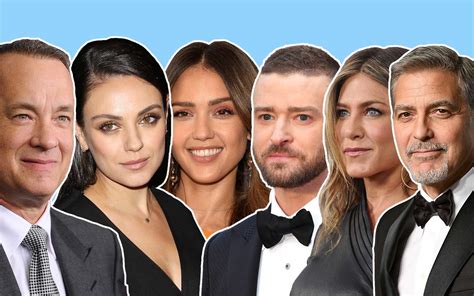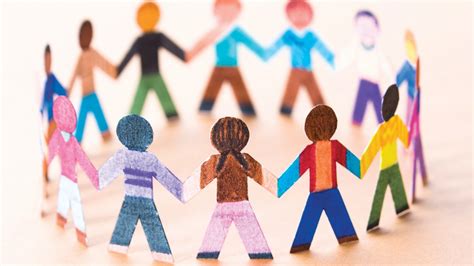Celebrities with Hearing Loss
Celebrities with Hearing Loss Have you heard of many celebrities experiencing hearing loss – there are more than you might think. However, finding celebrities that are open about their hearing loss is not as common as those that have other health concerns (Stevie Wonder - Blindness, Michael J. Foxx - Parkinson’s). Maybe it’s because of the stigma and fear that surrounds hearing loss. But, there are now a number of celebrities with hearing loss that have become vocal advocates for hearing health awareness. Here are a few… Actors Whoopi Goldberg, Actor/Comic The well known actor and co-host of The View has very openly discussed her hearing loss and wearing hearing aids. She attributes her hearing loss to listening to very loud music too close to her ears for too long. Today, she is an advocate for using your portable listening devices at moderate volumes so you can keep enjoying your favourite music. Gerard Butler, Actor The Scottish actor best known for his rolls in 300 and P.S. I Love You, has hearing loss and tinnitus in his right ear due to surgery he had as a child. He says it’s that surgery that was also responsible for his crooked smile. Halle Barry, Actress Although Barry is a Type 1 Diabetic, which gives her a higher risk of having hearing loss, that’s not what caused her hearing loss. Due to an abusive relationship, the actress lost 80% of the hearing in her right ear. She is now...



Recent Comments